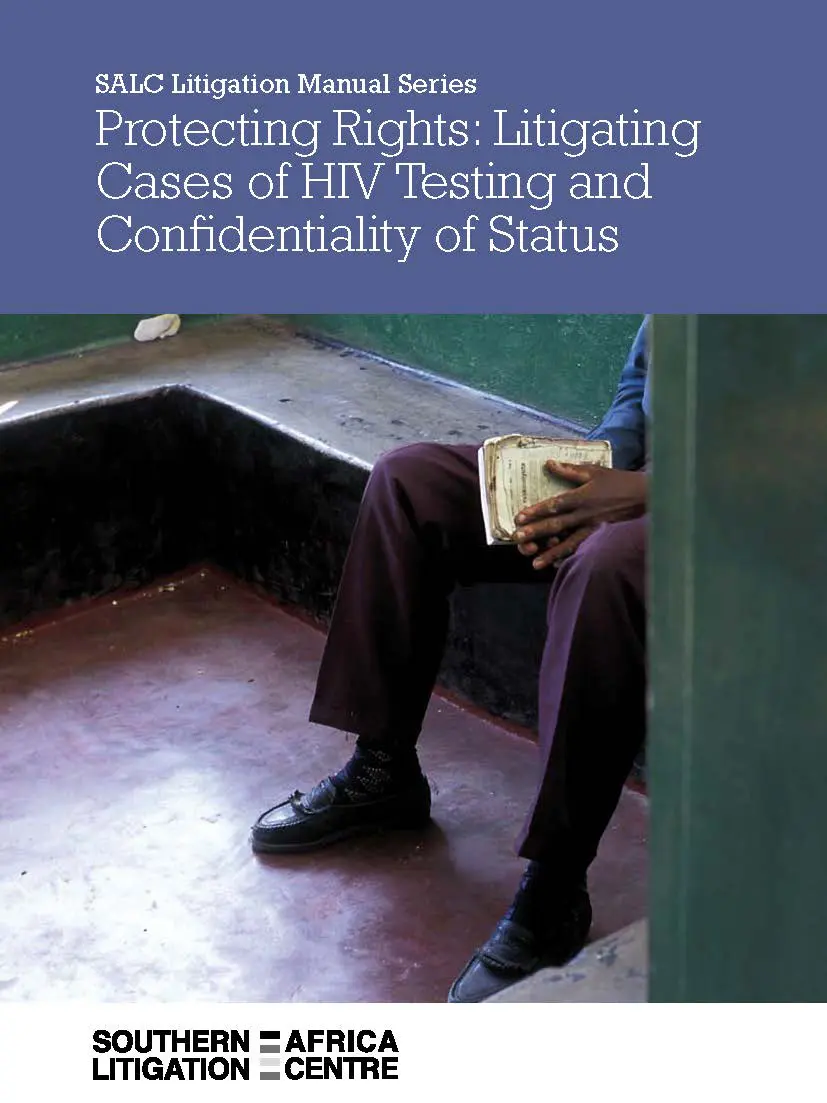
Johannesburg — This Morning, the High Court of Swaziland will hear arguments in Sacolo and Another v Sacolo and Others, a case concerning the validity of the common law marital power which denies married women the right to contract, administer property, and sue or be sued in court. The case also concerns a challenge to sections 24 and 25 of the Marriage Act 1964 which imposes on African spouses the customary consequences of marriage while granting to non-African spouses the common law consequences of marriage.
“The time has come for Swaziland to scrap its common law marital power rule and section 24 and 25 of the Marriage Act to bring it in line with the rights guaranteed under its Constitution and international law,” states Brigadier Siachitema, Women’s Land and Property Rights Programme Lawyer at the Southern Africa Litigation Centre.
What: The High Court of Swaziland will hear arguments in Sacolo and Another v Sacolo and Others, challenging the common law marital power rule and sections 24 and 25 of the Marriage Act
Where: High Court, Mbabane, Swaziland
When: 09:30am, Monday 24 October 2016
The dispute is between Makhosazane Eunice Sacolo, a female Swazi who is married in terms of civil rights and Women and Law in Southern Africa, Swaziland (Applicants) and Jukhi Justice Sacolo, Ministry of Justice and Constitutional Affairs, and the Attorney General (Respondents). The Applicants argue that by denying married women the right to contract, administer property, and sue or be sued in court, common law marital power violates the right of married women under the Constitution and international law to equality before the law with men, equal treatment with men, and the right to dignity.
The Applicants further argue that sections 24 and 25 of the Marriage Act discriminate against married women on the basis of race because it imposes on African spouses the customary consequences of marriage while granting to non-African spouses the common law consequences of marriage. This violates the right of married women to be free from racial discrimination under the Constitution and international law.
The First Respondent argues that his marriage is under Swazi Law and Custom and not the Marriage Act, that his wife fraudulently made the Marriage Certificate, and further that his wife has no standing to challenge section 24 and 25 of the Marriage Act as a result.
For background on the case: www.southernafricalitigationcentre.org
Issued by Women and Law in Southern Africa, Swaziland (WLSA-Swaziland) and the Southern Africa Litigation Centre (SALC)



